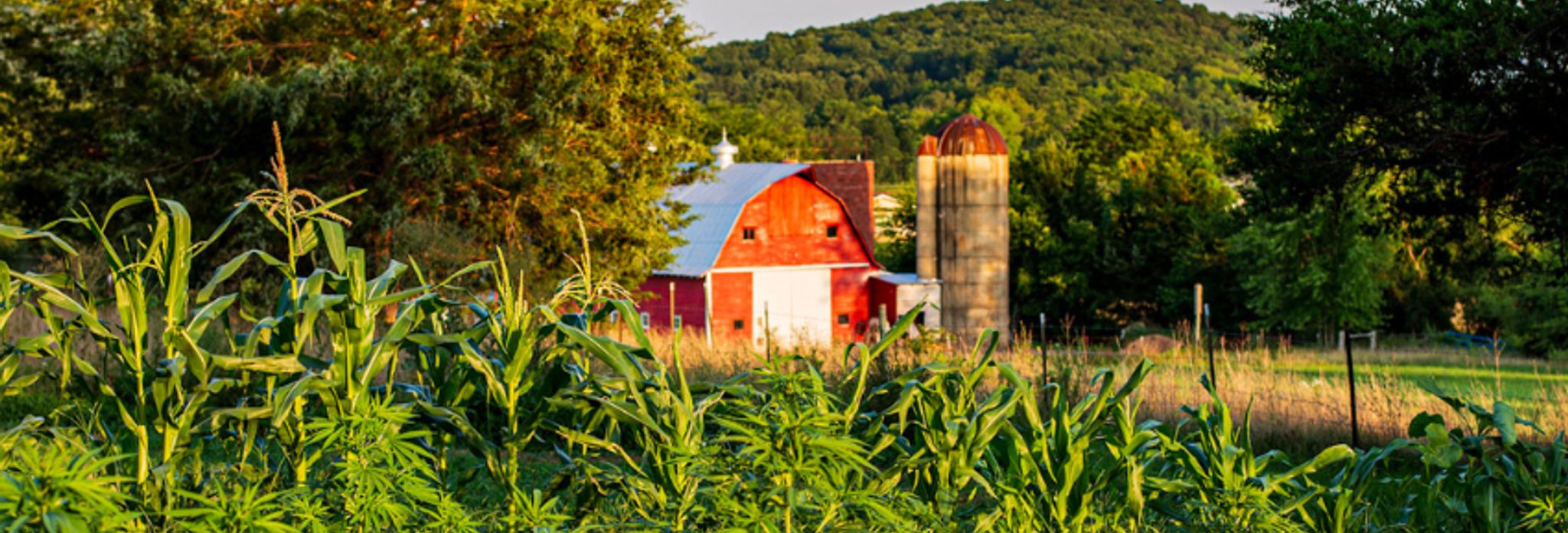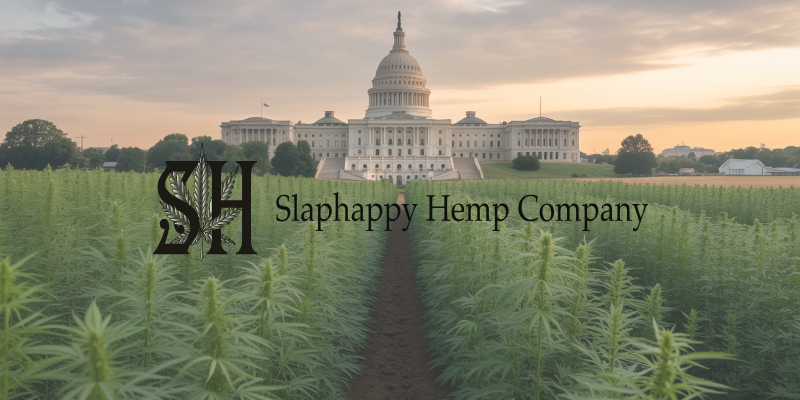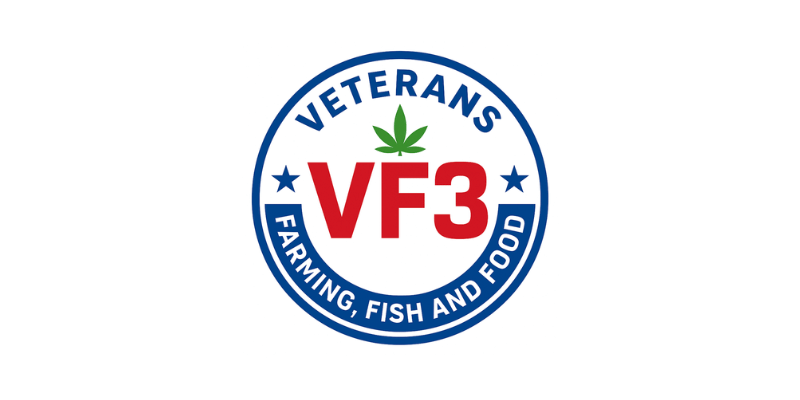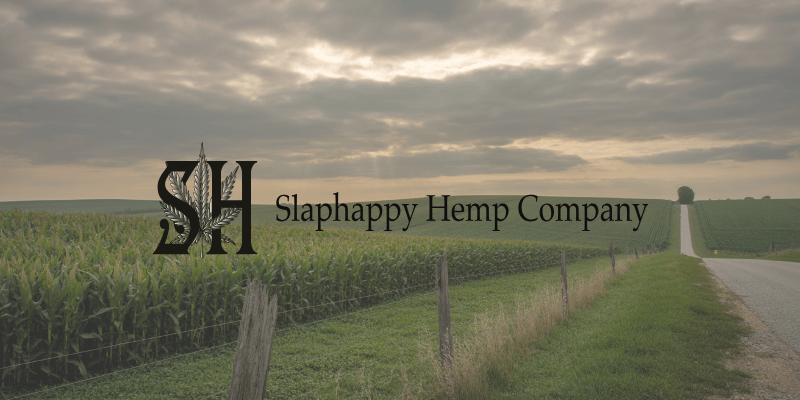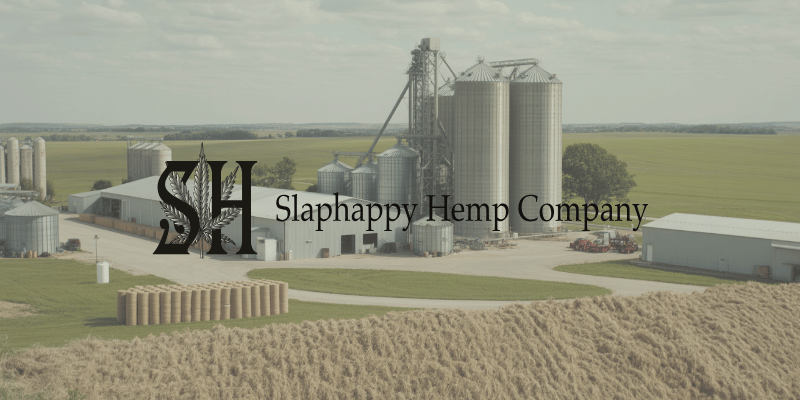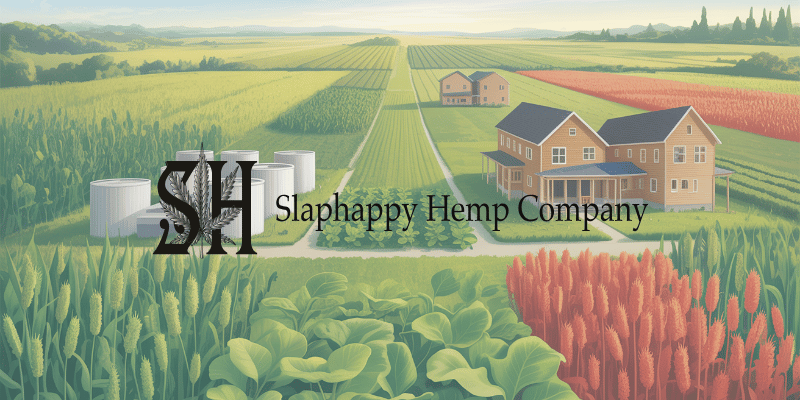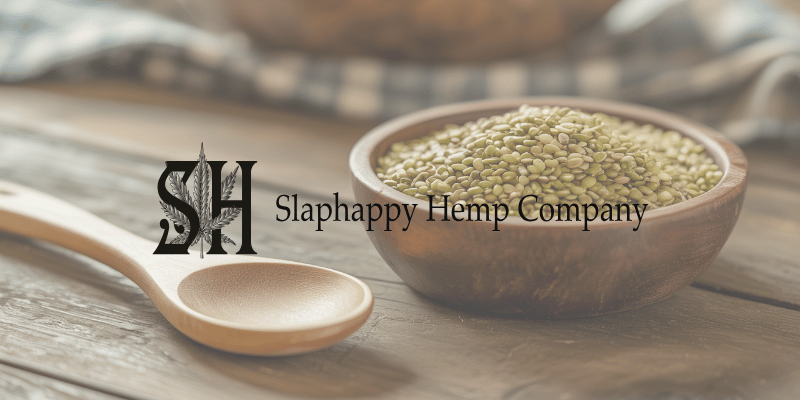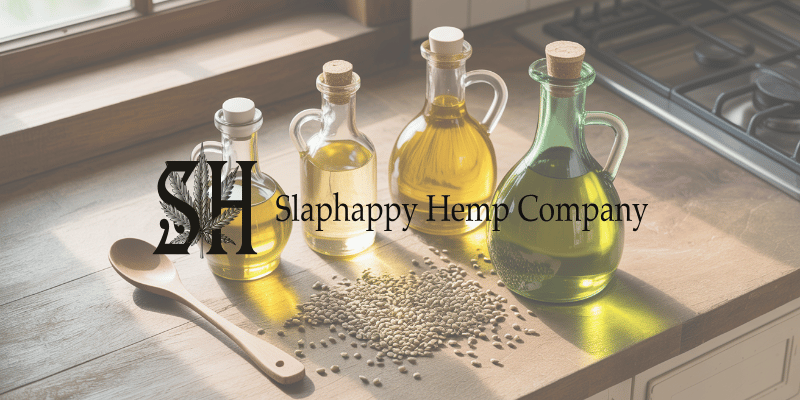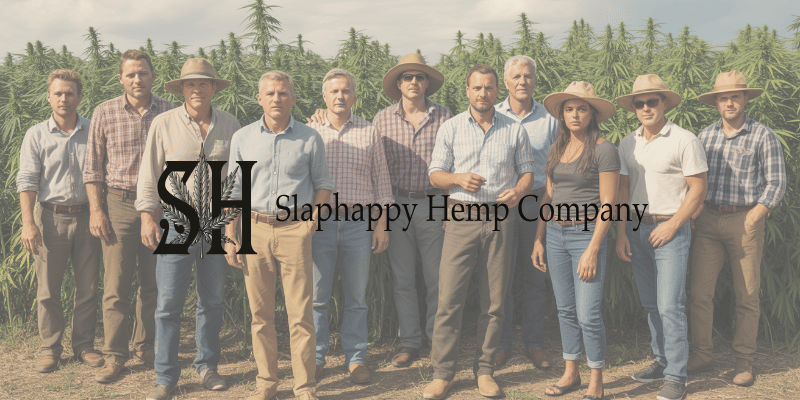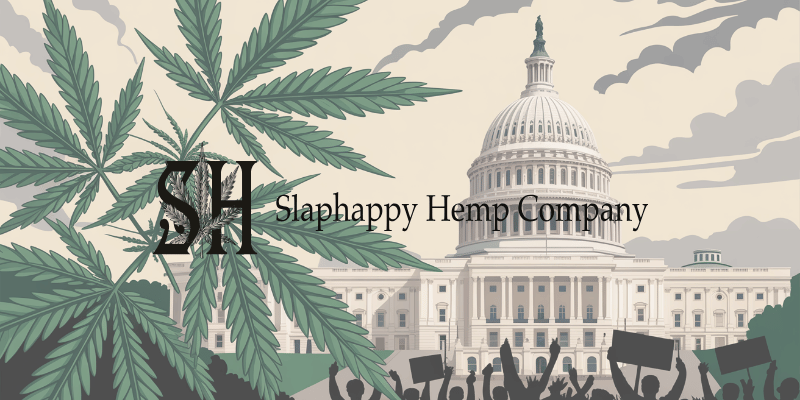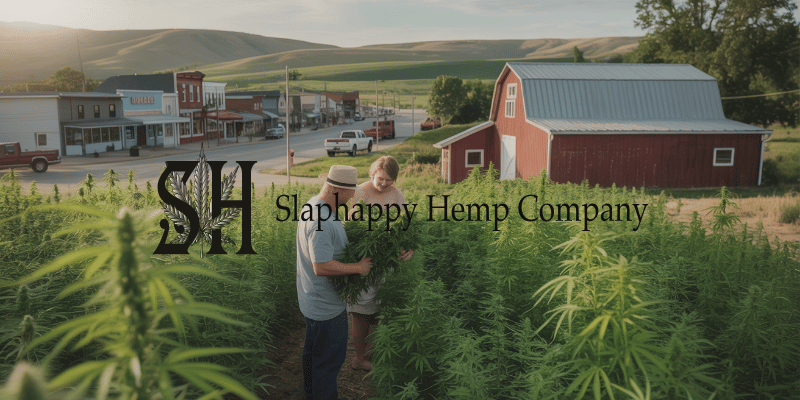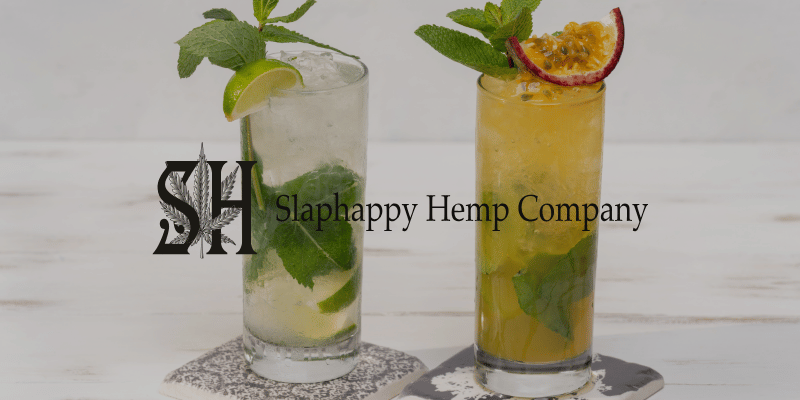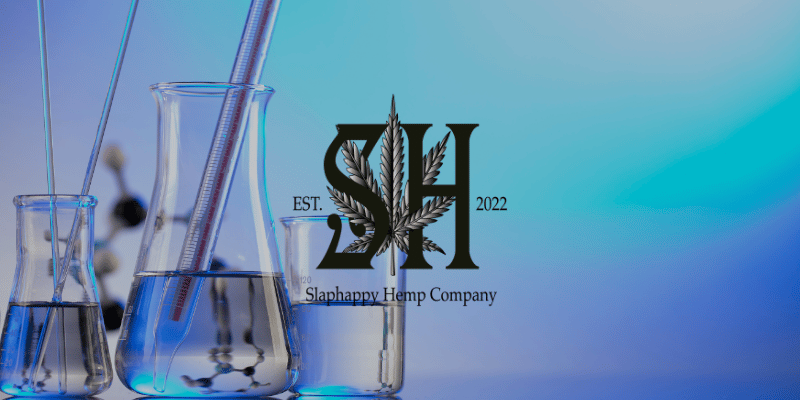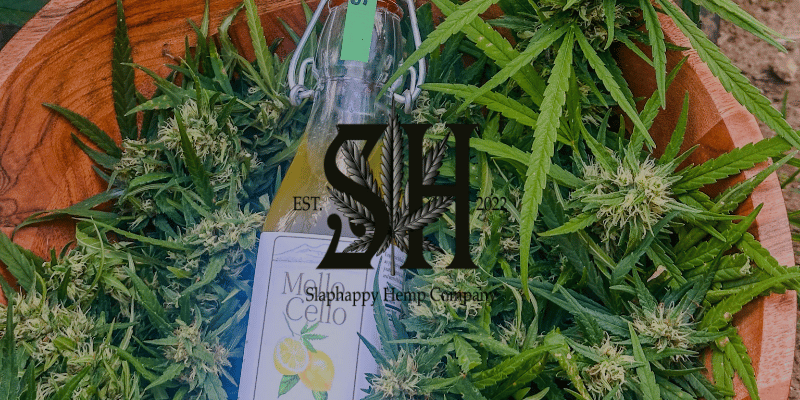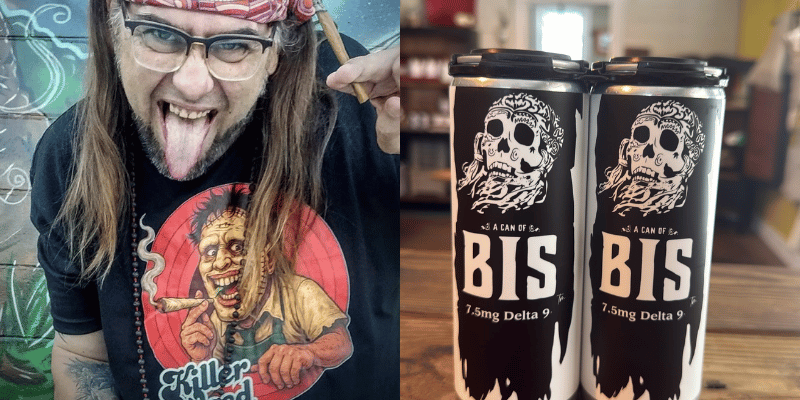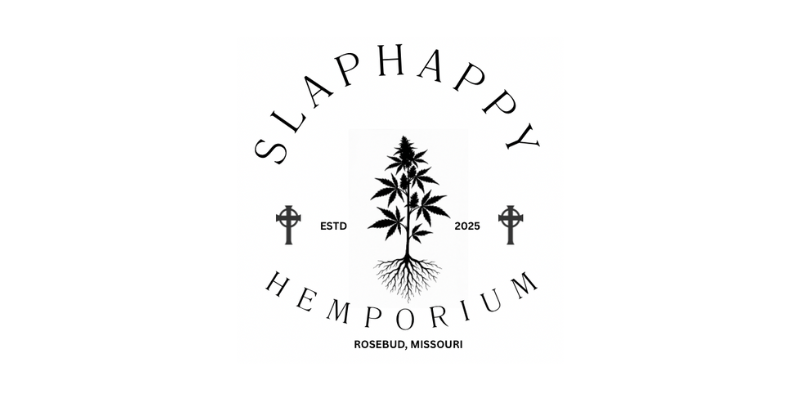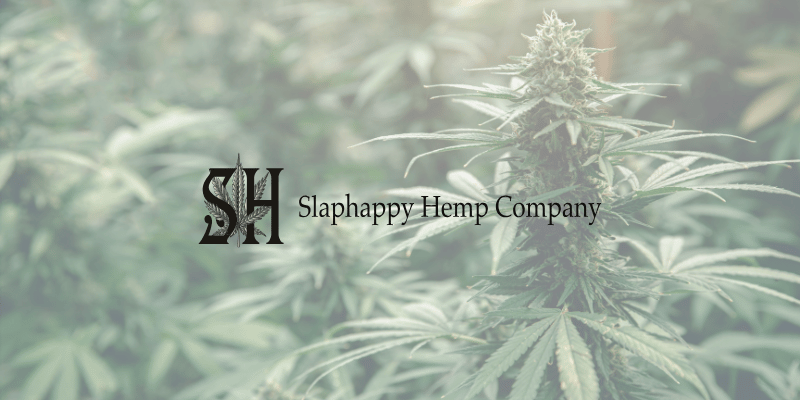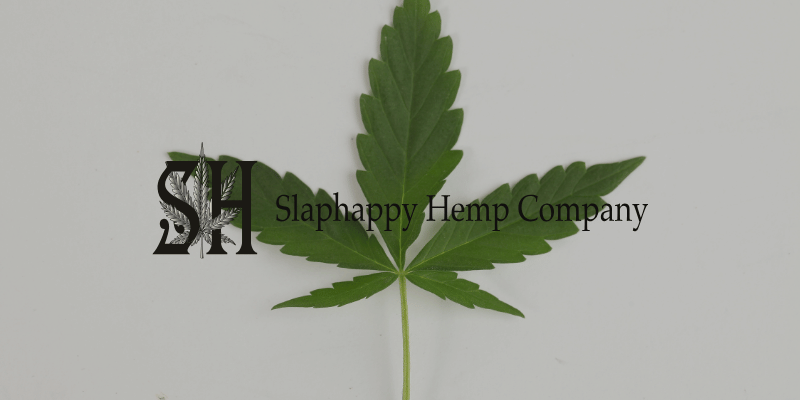
Hemp and Missouri Agriculture: Beyond Beverages
Missouri’s farmland has long been the backbone of the state’s economy, with corn, soybeans, and cattle shaping the agricultural identity. But as farming practices evolve and consumer preferences shift, hemp is reclaiming its place as a crop with enormous potential. At Slaphappy Hemporium we’ve seen firsthand how hemp is more than just a plant for beverages—it’s a versatile resource that can enrich soil, diversify crop rotations, and help family farms adapt to the future.
Why Hemp Belongs in Missouri’s Agricultural Landscape
Missouri farmers are no strangers to change. Over the years, they’ve adapted to everything from unpredictable weather to global commodity markets. Hemp offers a way forward because it:
- Revitalizes soil health: Hemp’s deep root system helps break up compacted soil and prevents erosion, improving land for future planting.
- Reduces reliance on chemicals: When used in rotation, hemp can limit pests and weeds, lowering the need for certain pesticides.
- Provides economic diversity: Unlike commodity crops tied to volatile markets, hemp products range from beverages to textiles, giving farmers multiple revenue streams.
Hemp is not just another crop; it’s a strategic partner in building resilience for Missouri agriculture.
Lessons from History: Hemp’s Roots in American Farming
Before prohibition policies of the 20th century, hemp was a staple of American agriculture. It was grown for rope, fabric, and even paper. Missouri, with its fertile river valleys and family farm tradition, was once an ideal home for hemp cultivation. The crop’s prohibition left a gap in both local economies and sustainable farming practices.
Now, as restrictions ease, Missouri has the chance to lead the way again by bringing hemp back into the fields—not only as a specialty crop but as a central part of farming systems.
From Seed to Soil Health
Farmers know that healthy soil equals healthy yields. Hemp is one of the few crops that actively supports soil regeneration. By planting hemp between cycles of corn or soybeans, farmers can improve:
- Nutrient cycling: Hemp’s root structures return nutrients to the soil.
- Moisture retention: Hemp fields reduce water loss, which is critical during Missouri’s dry summers.
- Organic matter: Hemp adds biomass, helping fields withstand floods and drought alike.
This kind of sustainability is what Missouri agriculture needs to protect its legacy and future.
Opportunities for Family Farms
Large-scale agribusiness dominates commodity production, but hemp presents opportunities for smaller family farms. Unlike crops that require massive acreage to be profitable, hemp can deliver strong returns on smaller plots, especially when aimed at niche markets like craft hemp beverages, tinctures, and edibles.
At Slaphappy Hemp, we’ve made it our mission to connect with farmers who share our vision for hemp as a crop that can both honor tradition and push Missouri farming into the future.
Beyond Beverages: The Many Uses of Hemp
While hemp beverages are at the heart of our work, the plant’s potential extends far beyond what goes in a glass. Missouri hemp can be used for:
- Fiber production: Creating sustainable textiles and packaging.
- Construction materials: Hempcrete is gaining attention as a renewable building product.
- Animal bedding: Soft, absorbent, and chemical-free.
- Health products: Oils, tinctures, and topicals made from hemp extracts.
These uses expand the value of every harvest, allowing farmers to diversify sales and reduce risk.
The Craft Hemp Beverage Connection
Even though hemp can do much more than flavor beverages, hemp drinks have opened doors for farmers and consumers alike. Missouri’s growing craft beverage scene has embraced hemp drinks as a social, refreshing, and mindful alternative to alcohol. At Slaphappy Hemp, we’ve worked to ensure every sip connects back to local farmers and sustainable practices.
By tying hemp agriculture to consumer products, farmers can see direct benefits of their hard work while customers enjoy a drink that reflects Missouri values.
Challenges Facing Hemp Farmers in Missouri
Like any crop, hemp comes with hurdles. Farmers need to navigate:
- Changing legislation: Shifts in state and federal policies can cause uncertainty.
- Market access: Without established distribution channels, some farmers struggle to connect with buyers.
- Education gaps: Many growers are still learning best practices for hemp cultivation.
Advocacy remains critical, and Slaphappy Hemp is committed to keeping Missouri farmers informed. Our ongoing work, including insights shared in our Blog, helps bridge these knowledge gaps.
Building Partnerships: Hemp and Local Markets
Farmer’s markets and independent retailers across Missouri are embracing hemp. By supporting these outlets, communities help keep more money in the state while celebrating the resilience of small businesses.
Visit the Slaphappy Hemporium, where you’ll see firsthand how hemp products—from drinks to edibles—are creating local pride. Every purchase represents a farmer’s effort to build a more sustainable Missouri.
A Crop for the Future
Missouri agriculture is facing the same challenges as the rest of the country: unpredictable weather, rising input costs, and changing consumer preferences. Hemp provides a unique solution by combining profitability, sustainability, and adaptability.
Hemp isn’t just about beverages or even products—it’s about giving Missouri’s farmers the tools they need to thrive.
Join the Hemp Movement
Missouri’s agricultural legacy is one of resilience and adaptability. By embracing hemp, farmers are preparing not just for the next season but for the next generation. Hemp enriches soil, offers economic diversity, and strengthens communities. At Slaphappy Hemp, we’re proud to stand with the farmers who are bringing this crop back where it belongs.
Ready to learn more or get involved? Contact us today and let’s grow Missouri’s hemp future together.

